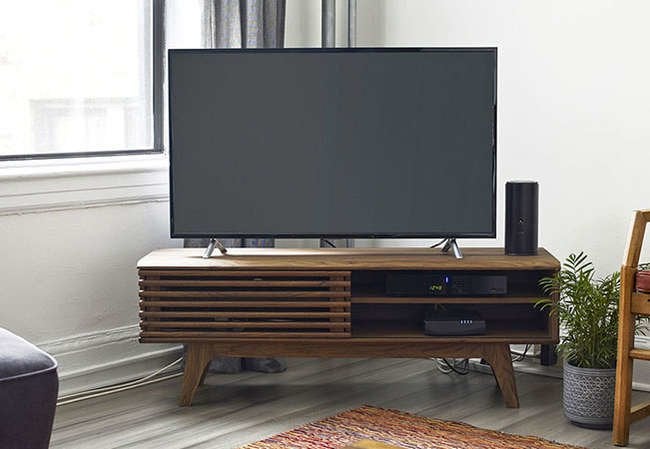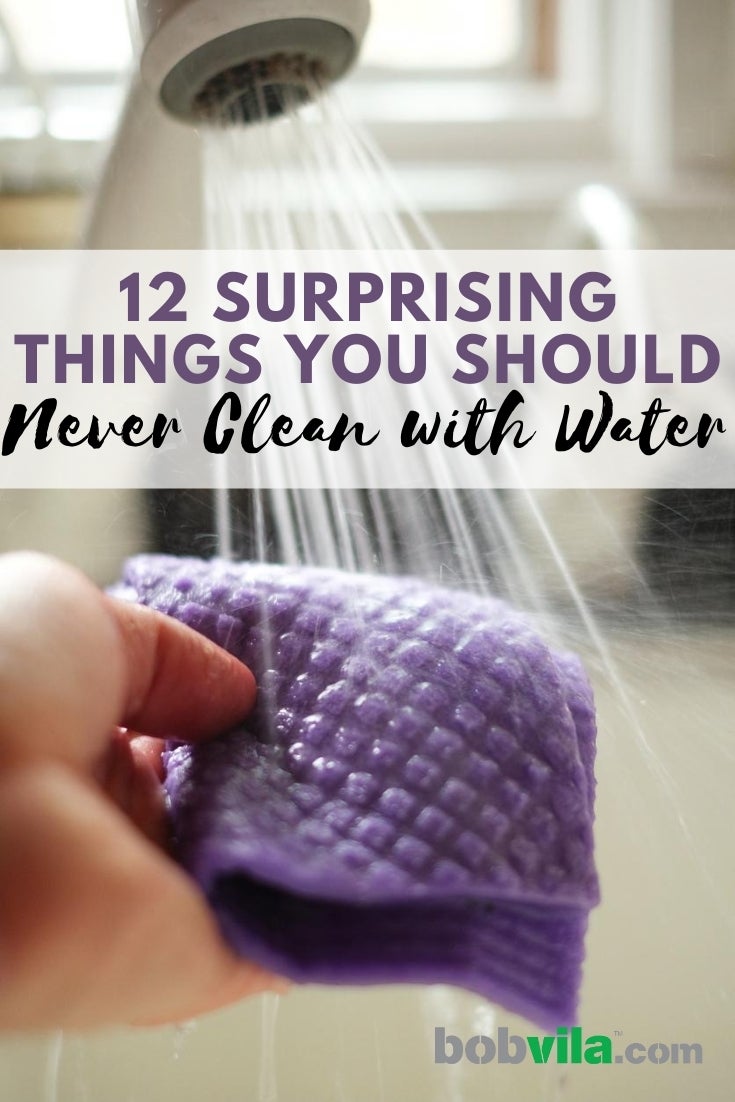We may earn revenue from the products available on this page and participate in affiliate programs. Learn More ›
Just (Don't) Add Water
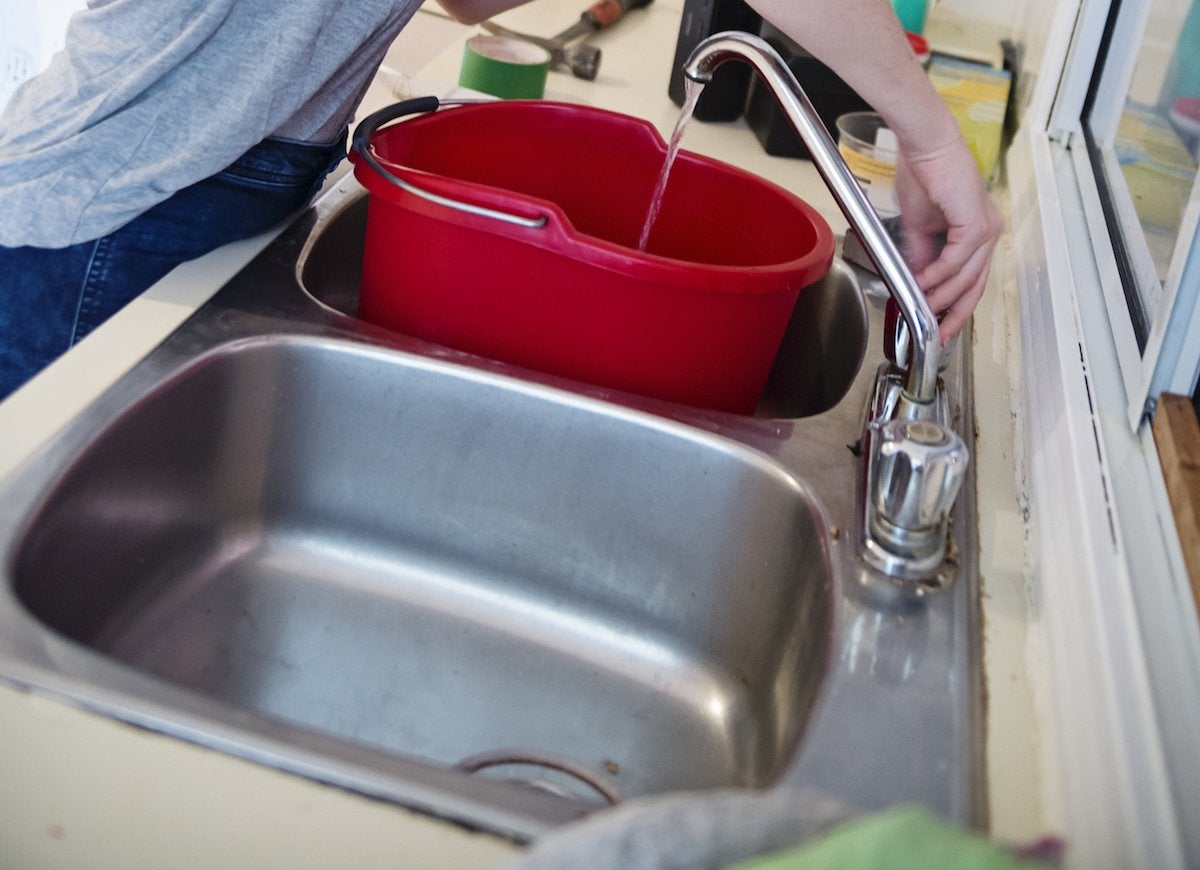
Water is known as “the universal solvent” because it can dissolve a wide variety of substances, including dirt, grime, and many chemicals. Indeed, water is the cleanser of choice for most surfaces in and around the house. There are, however, some common household objects that water can damage, or leave behind unattractive spots and stains. Here is a collection of items that you should never wash with water.
Wood Furniture
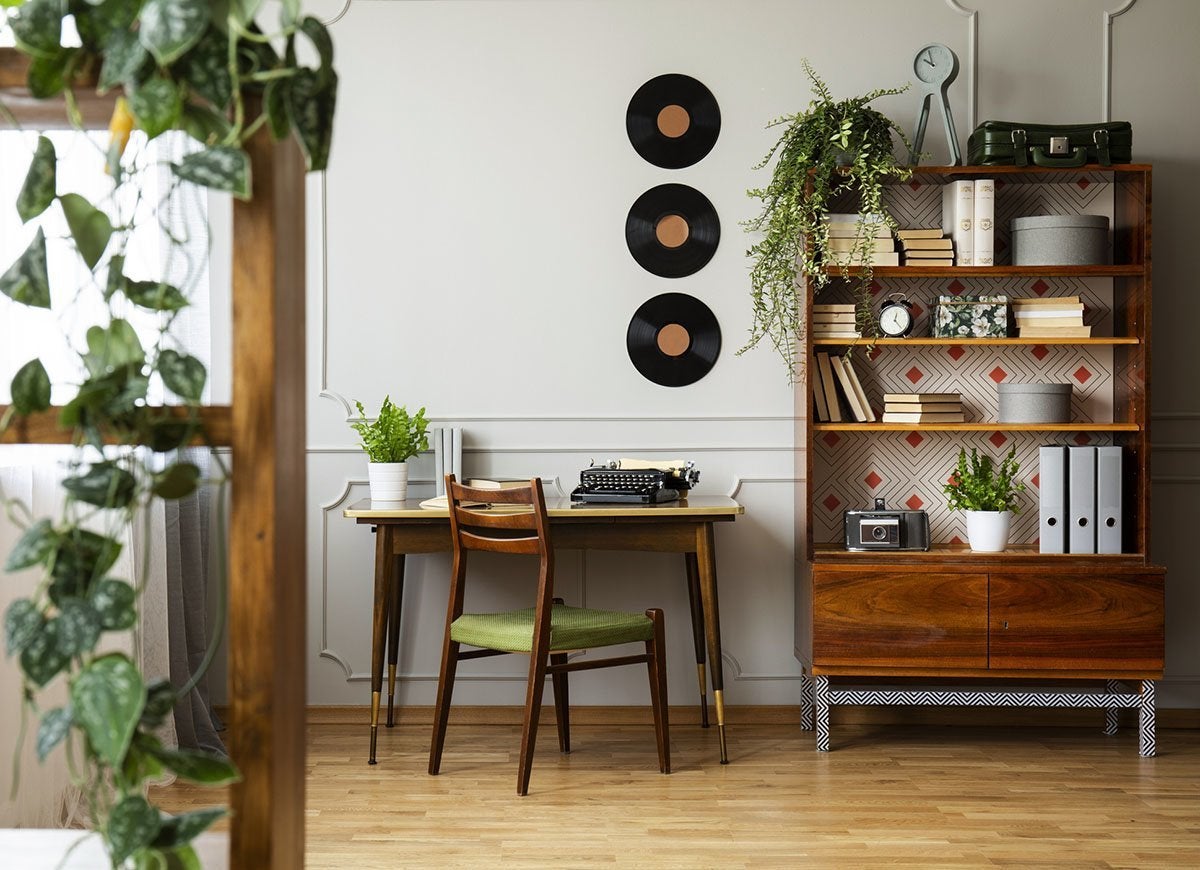
Anyone who has ever battled white rings or spots on top of the coffee table knows that wood and water don’t mix. Water can damage the finish on your wood furniture and leave areas of discoloration. It can also cause wood to swell, split, and crack. Regularly dust your wood furniture with a microfiber cloth, and use a good-quality furniture polish or lemon oil to shine and protect the wood.
Leather
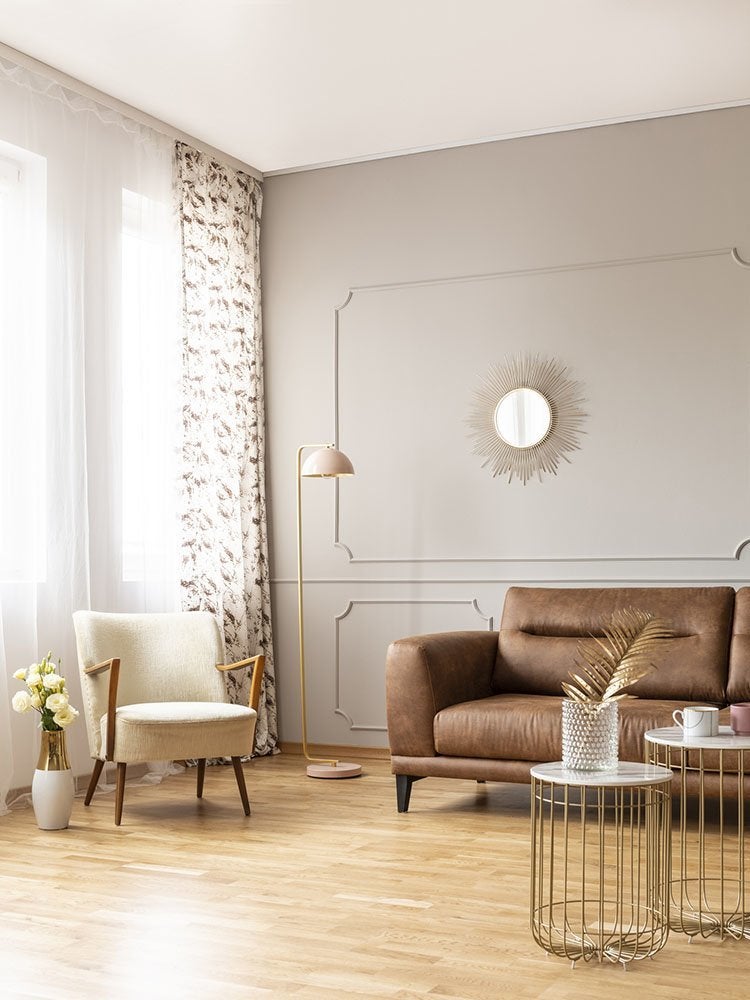
Leather upholstery, shoes, and boots need special attention to keep looking their best, but water should never enter into the picture. Water can leave undesirable streaks and spots on leather and can over time cause leather to crack. Likewise, avoid using natural oils like olive and coconut oil or high-fat foods like peanut butter and mayonnaise to shine your leather items. Despite their reputation as helpful DIY cleansers, these foods can actually speed up cracking. It is best to clean and polish leather with a specially formulated cleanser.
Brass and Silver

Brass and silver may seem impervious to liquid, but using water to clean off tarnish will only lead to more tarnish. Most household brass and silver has been treated with a lacquer or sealant, and over time water will remove this protective barrier. It is better to use a brass or silver polish formulated specifically to clean and protect these metal items.
Musical Instruments
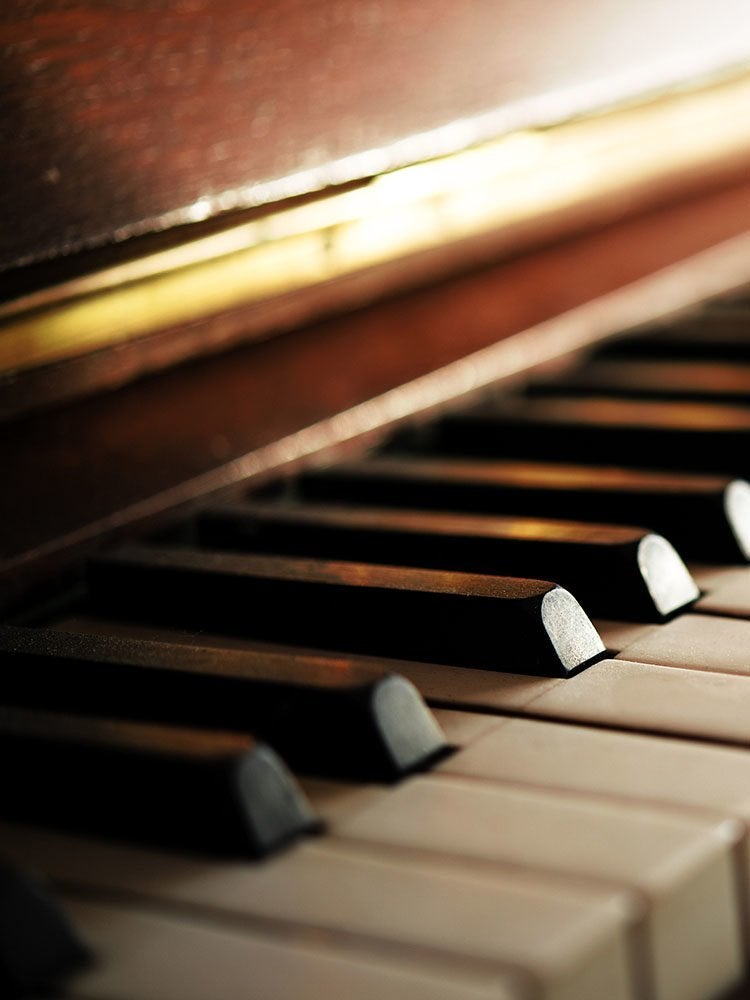
Whether you are cleaning a wood-based instrument, such as a piano, guitar, or violin, or a metal instrument, such as a trumpet, saxophone, cymbals, and the like, stay away from water. Water will discolor and damage wood-based instruments and can remove the protective coating from metals, causing the instrument to tarnish and rust. To maintain that sweet sound and visual appeal, use only cleansers that are specifically designed for musical instruments.
Silk
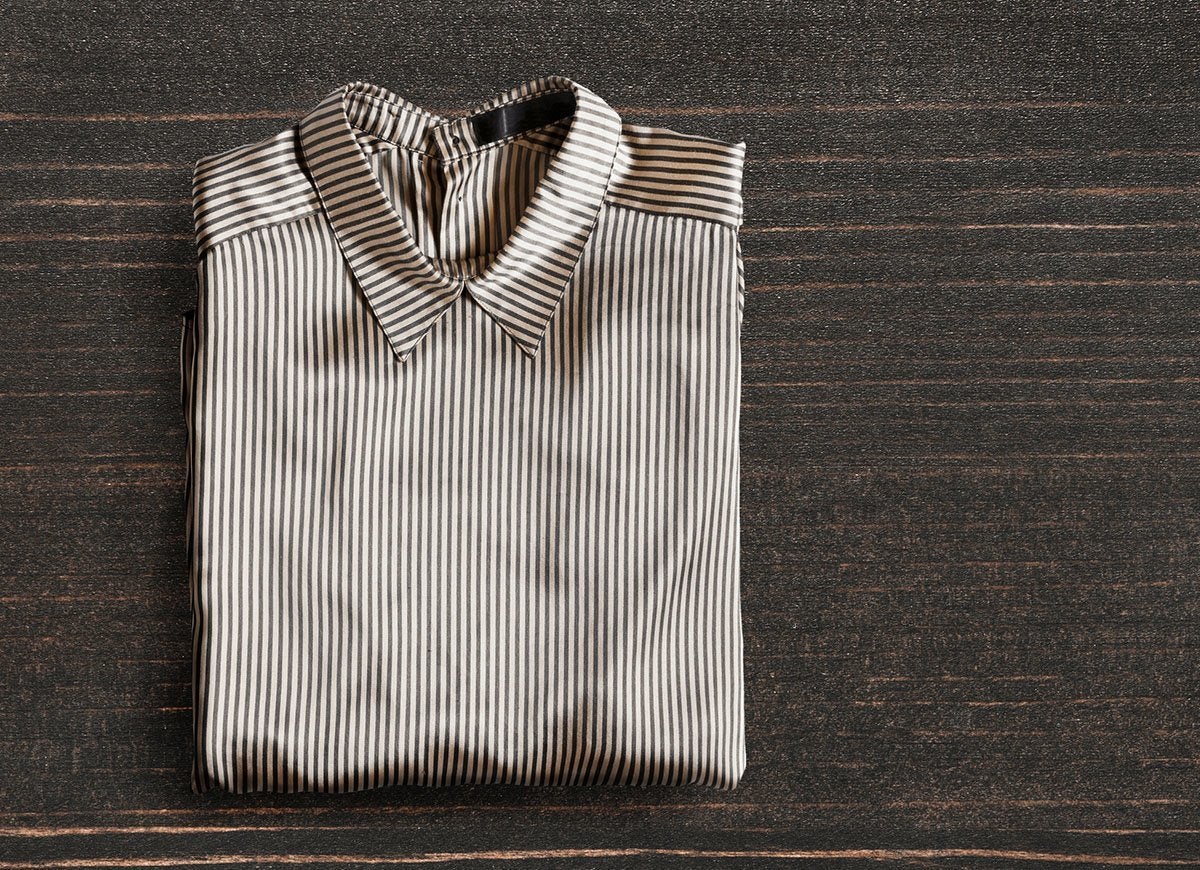
Some silks are billed as “washable,” but this delicate fabric requires a little more TLC than most of your laundry. If you’re not careful, washing silk with water can lead to streaks, spots, and shrinkage. Brush gently with a soft brush to remove surface dirt and dust, then use a mild soap that is specifically designed for fragile fabrics. Before washing, check for colorfastness on an inconspicuous area. If you’re not sure you can safely wash a silk garment at home, take it to a dry cleaner.
Electronics
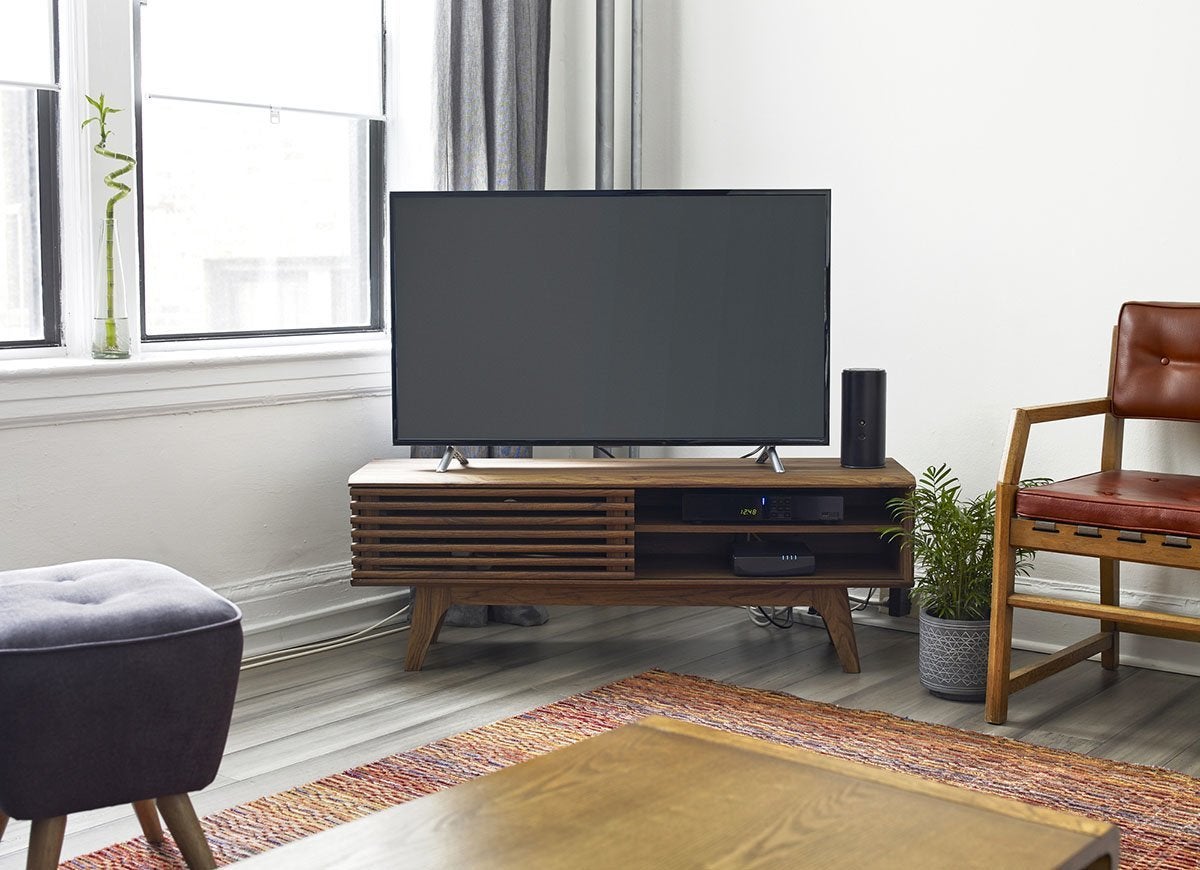
Our homes and lives are filled with electronic gadgets that occasionally get a bit grimy and greasy. Avoid using water to clean these items as water can permanently damage sensitive electronic components. A soft microfiber cloth can remove most dirt and dust; use rubbing alcohol on a clean towel for tougher grunge.
Related: 15 Cleaning Mistakes Everyone Makes
Velvet, Velour, and Suede
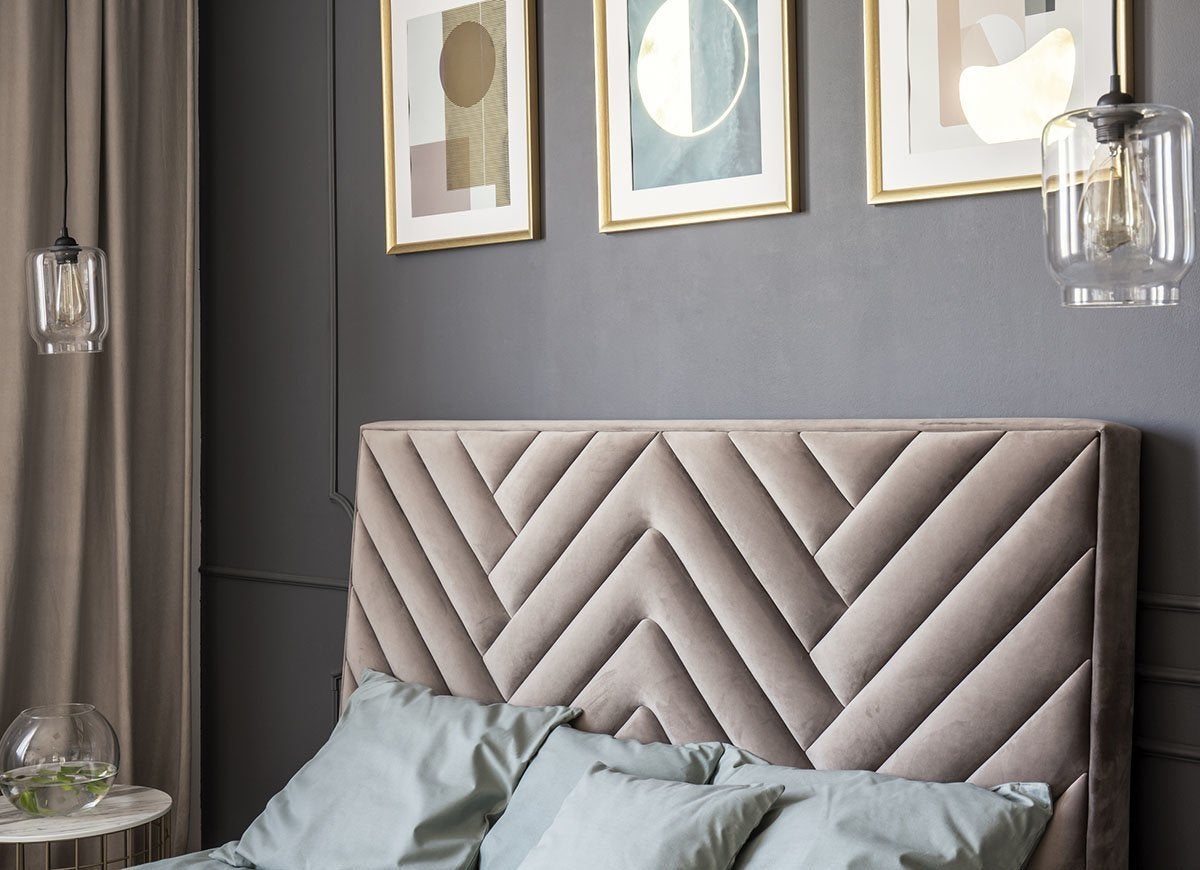
Soft, fuzzy fabrics are hugely popular for upholstered furniture, draperies, and decorative pillows, but they can sometimes be tricky to clean. Water can leave spots, streaks, and stains, and can cause the fabric to shrink and pill. To keep these fuzzy fabrics clean, vacuum them regularly and use a soft brush to remove surface soil. For deeper cleaning, depending on the fabric in question, choose a foaming upholstery cleaner, a home dry-cleaning cloth, or a specialized suede cleaner.
Computer Keyboards
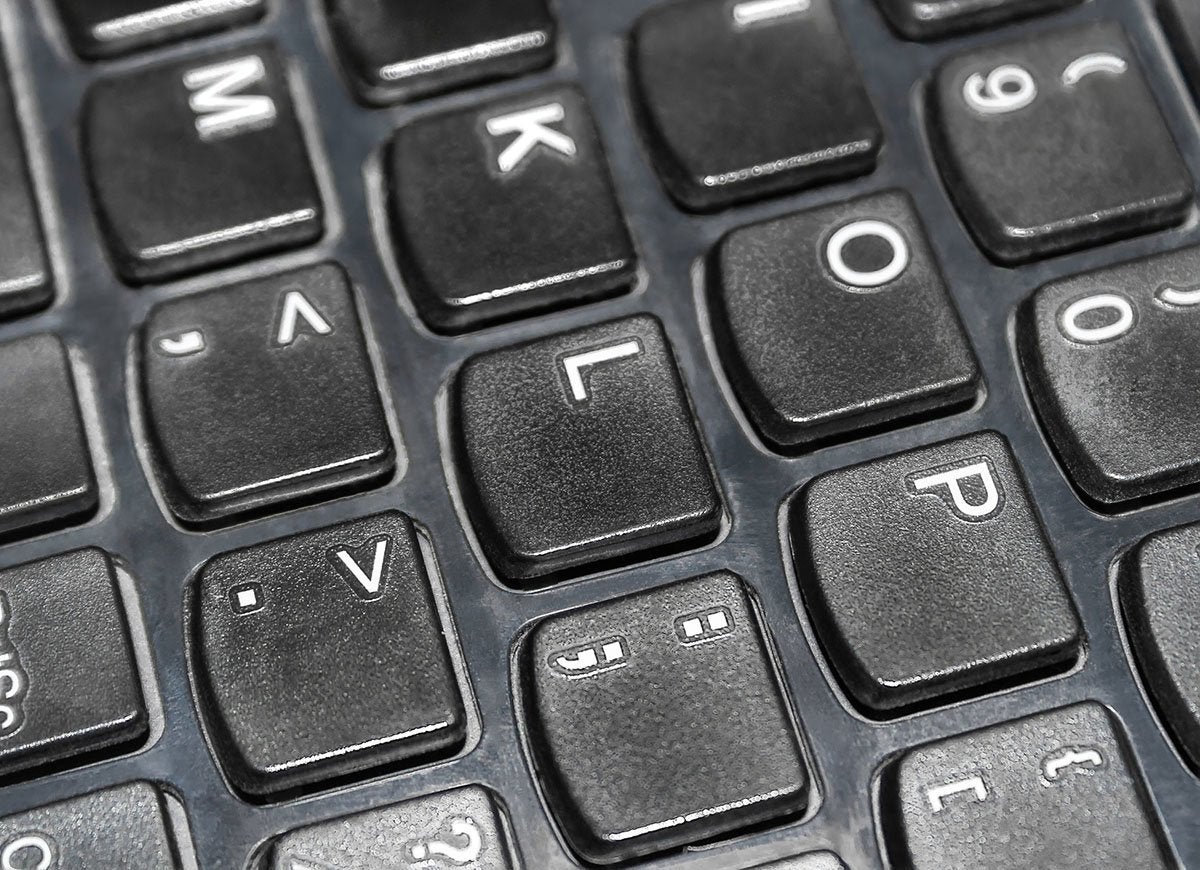
Most of us spend a frightening percentage of our waking hours in front of a computer, and we don’t always practice good keyboard hygiene, often dropping crumbs and trailing greasy fingers over the keys. It’s a good idea to clean off all the food residue and nasty debris from time to time, but don’t do this with water, which can ruin the keyboard’s electronics. Instead, remove dirt and crumbs with a soft microfiber cloth, a soft paintbrush, an old toothbrush, or a specially designed keyboard vacuum.
Cameras and Lenses
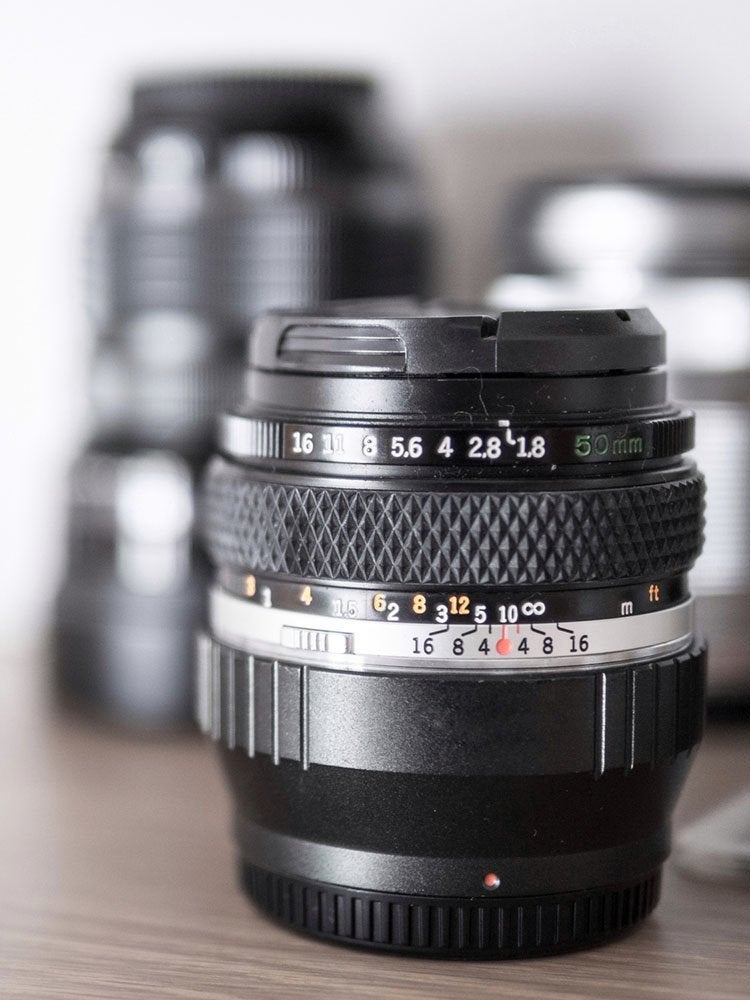
Cameras are sensitive equipment, and lenses can scratch, spot, and stain easily. Therefore, neither should be cleaned with water. Use specially formulated lens paper to keep lenses free of grime. If you’re concerned about the effects of accumulated dirt and wear and tear on your camera, have it professionally cleaned.
Light Fixtures and Outlets
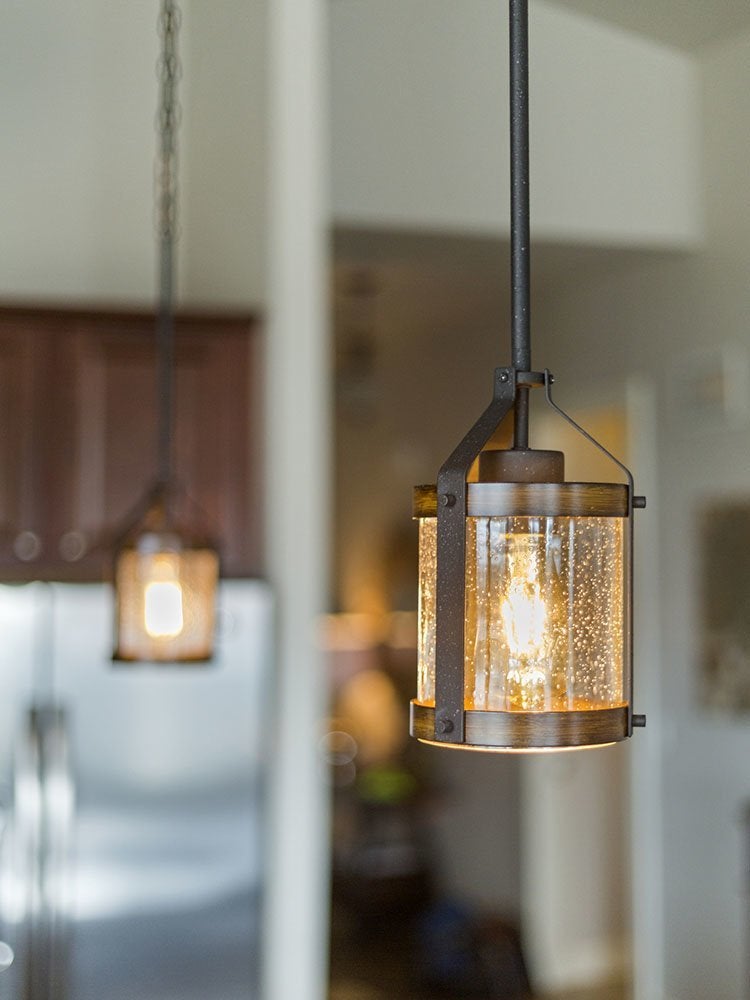
Water and electricity do not mix. When they meet, they can cause shorts, sparks, and in some cases serious harm, including electrocution and fire. Therefore, you should never use water when cleaning lighting fixtures, outlets, and other electrical equipment in your home. Always turn off the power before cleaning such items, then wipe with a soft cloth to remove dust and dirt, and use compressed air to blow out the interiors.
Brick, Stucco, and Marble
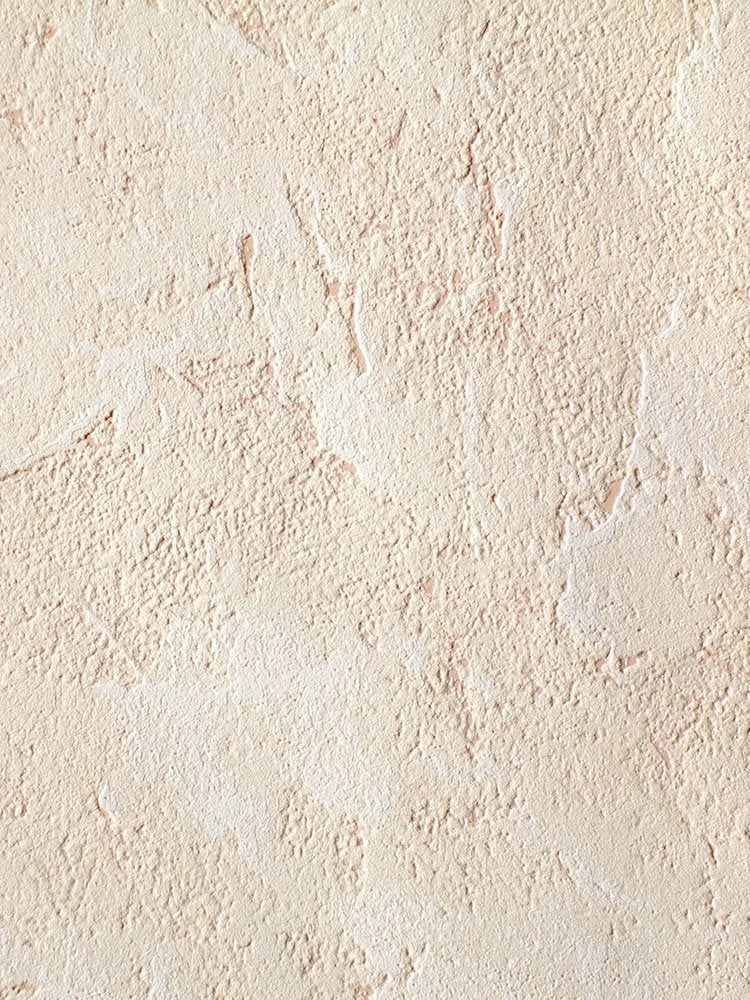
It can be tempting to think that these stone materials are as hard as, well, rock, but the surfaces are actually quite porous and subject to damage from water or harsh chemicals. As well, water removes any protective sealant that may have been applied during installation, and it can damage and loosen grout and caulking. It is better to vacuum these surfaces regularly, use a soft-bristled brush to wipe away dust and dirt, and then wipe down with a soft cloth.
Hardwood Floors
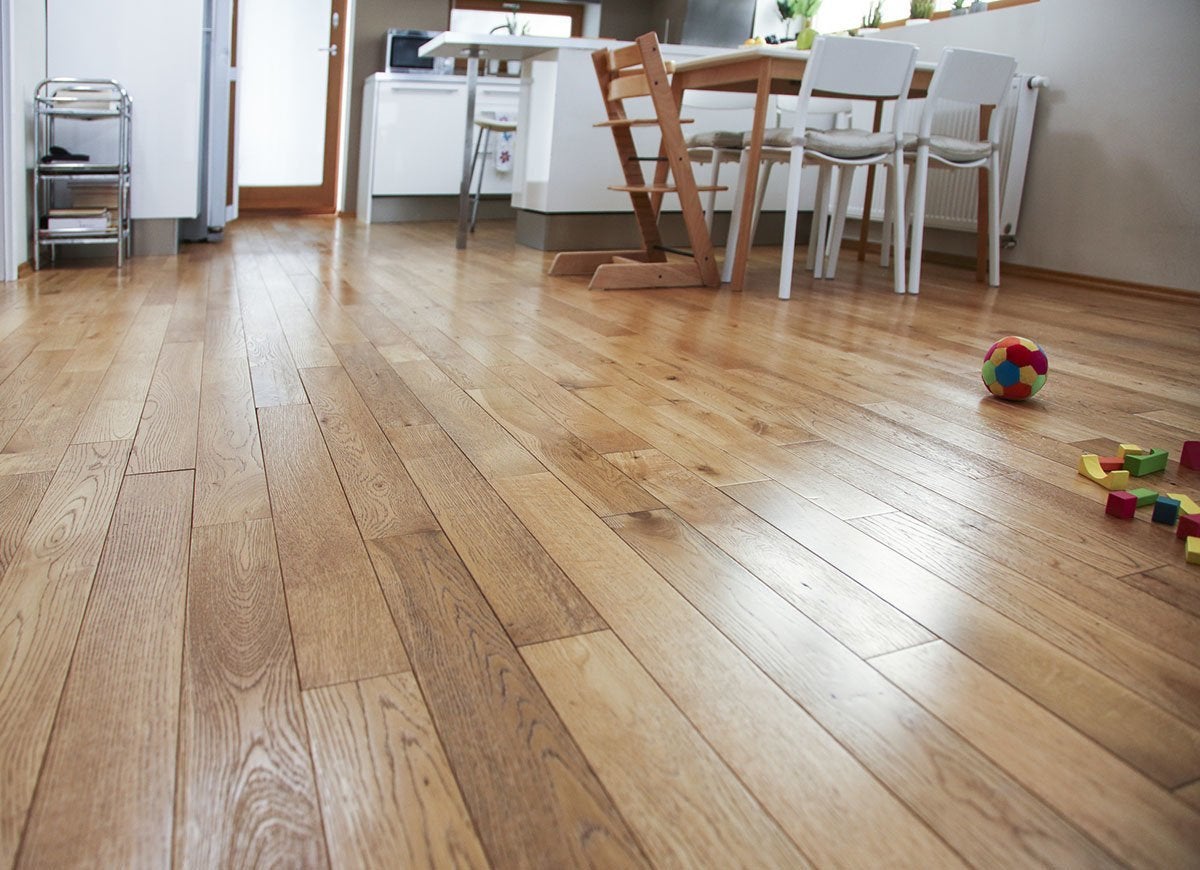
Even though most hardwood floors are coated with polyurethane or a similar sealant, water can seep into the wood, causing swelling and discoloration over time. Regular sweeping, vacuuming, dusting with a microfiber mop, and using a specially formulated hardwood floor cleaner will keep your floors in tip-top shape. If you insist on washing your hardwood floors with water, make sure the mop is just damp, not sopping wet. Never let water sit on a hardwood floor.

Everything You Need for a Lush and Healthy Lawn
Keeping your grass green and your plants thriving doesn’t just take a green thumb—it starts with the right tools and supplies.

